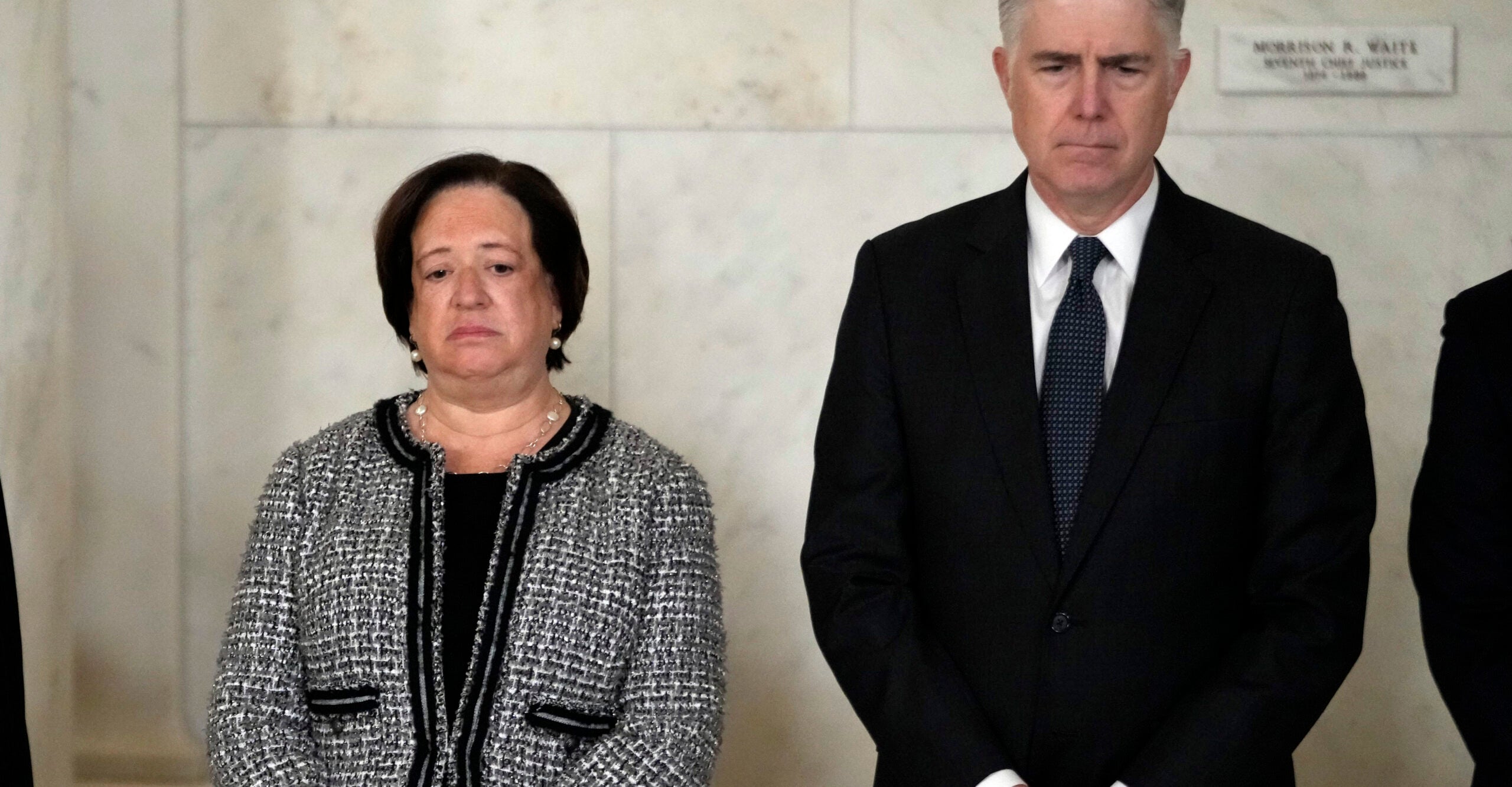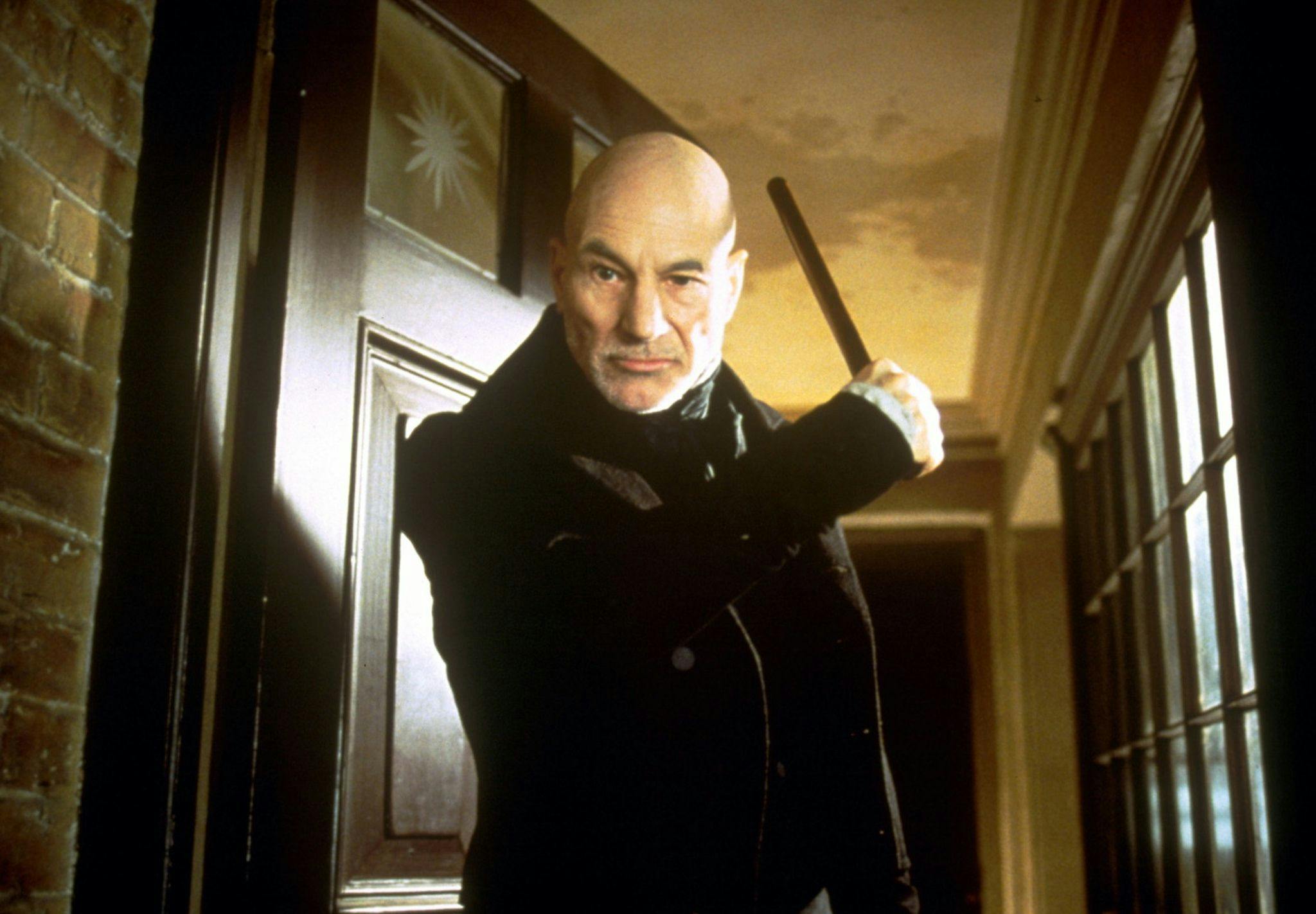Supreme Court Lets South Carolina Ban Abortion Clinics from Medicaid

On Thursday, the Supreme Court ruled in Medina v. Planned Parenthood South Atlantic to uphold South Carolina’s strategy for protecting taxpayers from subsidizing abortion through Medicaid. This case reveals how abortion advocates try to force taxpayers to subsidize their agenda—and how pro-life states can respond.
Live Your Best Retirement
Fun • Funds • Fitness • Freedom
Congress’s power to “provide for the… general welfare” is often called the spending power. That’s the power it used in 1965 to enact the Medicaid Act, designed to help those who cannot afford medical care obtain it.
While states administer Medicaid, Congress provides, on average, about 57 percent of the funding and adds a long list of conditions. One such condition is the freedom of Medicaid recipients to obtain medical care from any provider “qualified to perform the service.”
South Carolina is a pro-life state that prohibits using state funds to pay for most abortions. In 2018, the governor issued an executive order excluding abortion clinics from participating in the Medicaid program.
Deciding who is qualified to provide certain medical services falls within the discretion of governors or state legislatures. As Justice Neil Gorsuch, who wrote the majority opinion, pointed out in Thursday’s ruling, “States have traditionally exercised primary responsibility” over matters of health and safety, including “the regulation of the practice of medicine.”
By designating Planned Parenthood “unqualified,” South Carolina removed it from the list of organizations eligible for Medicaid funding.
Planned Parenthood—which operates two South Carolina clinics that provide abortions and other services—and one of its clients sued under Section 1983, a federal statute that allows private parties to sue for violation of their federal constitutional or statutory rights.
Congress normally enforces laws providing money to the states by simply threatening to cut off funds if states don’t comply. That’s how Congress tried to force states to expand eligibility for Medicaid in the Affordable Care Act.
In 2012, the Supreme Court said that this went too far and amounted to unconstitutional coercion of the states. While spending laws provide benefits, the court said, they almost never actually create “rights” that can be enforced through Section 1983 lawsuits filed by private parties.
For a spending law to create a right, the court said, it must use clear and unambiguous “rights-creating language.” The alternative would be chaos, with spending laws spawning constant litigation by those who oppose a particular program being funded or support a particular program being defunded.
Writing for the 6-3 majority in Medina, Gorsuch explained why the Medicaid Act does not meet this “stringent” and “demanding” test.
According to Gorsuch, Congress passes spending laws for many different purposes and to achieve many different goals. “The job of resolving how best to weigh those competing costs and benefits belongs to the people’s elected representatives, not unelected judges charged with applying the law as they find it.”
Justice Ketanji Brown Jackson, joined by Justices Sonia Sotomayor and Elena Kagan, dissented, describing a more subjective way of reading Congress’ spending laws. She would equate providing benefits (which every spending law does) with creating rights.
Rather than requiring the clear and unambiguous “rights-creating language” that the Supreme Court says is necessary, Jackson would be satisfied with “language classically associated with establishing rights.” This may sound like a semantic distinction, but there’s a real difference: whether Congress retains the power the Constitution provides, or whether it loses it to the courts through endless private lawsuits.
Abortion extremists have long tried to force everyone to subsidize their agenda. Even under Roe v. Wade’s delusion that the Constitution protects a right to abortion, the Supreme Court repeatedly said that neither the Constitution nor statutes like the Medicaid Act required the government to pay for abortions.
Now, with Roe gone, abortion zealots are still searching for sneaky ways to make the American people complicit in killing unborn children.
One way is for Planned Parenthood, the nation’s largest abortion provider, to seek taxpayer money by claiming that those dollars will be used for medical services other than abortion. But as everyone knows, money is fungible—making this nothing but a bookkeeping gimmick aimed at keeping the abortion mills humming.
Gov. Henry McMaster issued his executive order to stop that charade. Governors or legislatures in other pro-life states ought to consider using a similar strategy.
The post Supreme Court Lets South Carolina Ban Abortion Clinics from Medicaid appeared first on The Daily Signal.
Originally Published at Daily Wire, Daily Signal, or The Blaze
What's Your Reaction?
 Like
0
Like
0
 Dislike
0
Dislike
0
 Love
0
Love
0
 Funny
0
Funny
0
 Angry
0
Angry
0
 Sad
0
Sad
0
 Wow
0
Wow
0









































































